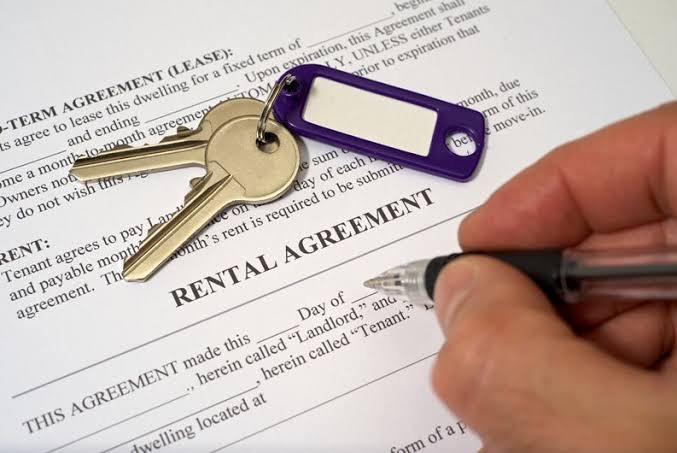
Respecting rules and all applicable local, state, and federal laws is essential to being a successful landlord. However, even the most experienced homeowners may find this a challenging and perplexing undertaking.
According to a legal principle known as the “implied warranty of habitability,” landlords must keep rental properties habitable. That’s why tenants can report Inadequate property management. This implicit warranty is derived from state laws, local construction codes, and court rulings on what defines adequate housing and minimal standards for basic amenities like heat, water, and plumbing.
All these make it possible to safeguard tenants and landlords against unethical leasing practices. Read along as this post sheds light on how to know if your landlord violated the implied warranty of habitability. Let’s go.
What Are Tenant Options?
Move out without notice
Tenants have the right to leave a property, either temporarily or permanently, if it isn’t habitable and hasn’t been made so despite your complaints and repair requests. Even when the landlord has attempted to fix the issue but has been unsuccessful, renters may be able to leave. For instance, even if the landlord has tried to address a pest infestation, you are still entitled to leave if the efforts have been ineffective.
These drastic actions are justified only when severe issues exist, such as a lack of critical utilities, complete or partial building demolition, or environmental health risks like asbestos or lead paint dust.
You run the danger of losing your security deposit or perhaps being sued for the remaining rent owed under the lease terms if you have time left and use this remedy illegally, especially for a minor issue. Hence, check your state legislation for information, including your landlord’s obligation to rent if you break a lease.
Check whether you need to contact the building inspectors before moving out and determine how much notice is required. However, Bay Property Management Group in Philadelphia can guide you on rental compliance.
Pay for Repairs and Deduct from Rent
A rental property must be kept in livable condition by the landlord. Tenants can report inadequate property management. You may be qualified to employ a different potent legal remedy known as “repair-and-deduct,” depending on where you reside. Repair and deduction are allowed in more than half of the states and certain major cities. If your state forbids repair-and-deduction, see if your city has independently enacted it by consulting your local housing rules. You can only use this approach if your state has a repair-and-deduct statute.
You can hire a repair person to conduct the work or remedy the fault yourself. The cost will be deducted from the rent for the subsequent month if you have tried and failed to persuade the landlord to rectify a significant defect. The statute will often detail the circumstances supporting your use of the remedy; typically, repair-and-deduct can only be used to address habitability issues.
The repair-and-deduct solution could be better for expensive tasks like a significant roof repair. Of course, you can only pay for a pricey roof job if your spending is restricted to twice-yearly expenses equivalent to half of your monthly rent. However, many tenants can combine their budgets to pay for an expensive repair.
Withhold Rent
Contact the organization in charge of enforcing the law if the issue you’re having involves a breach of a federal, state, or local housing regulation. This could be a fire, health department, housing, or building agency.
But suppose your landlord still needs to do their part to keep your apartment habitable and you meet the above standards. In that case, you should stop paying rent until necessary repairs are performed. Rent withholding is the term for this. Many states permit rent withholding as a self-help tactic by statute or court order.
Most laws permitting withholding rent have incredibly detailed guidelines for doing so. For instance, you must usually give your landlord a fixed period to address the issue. In addition, you may need to place your rent in a particular account.
When should tenants sue?
Both the landlord and the tenant are required to abide by the terms of the lease. The tenant may file a lawsuit if the landlord breaks the lease terms. Most often, tenants file lawsuits against their landlords after leaving the property. However, they are also permitted to do so while still residing there.
All states, except for Arkansas, permit tenants to sue their landlords if they provide an unlivable home legally. For example, suppose a landlord denies a tenant’s repair request after repeated attempts. In that case, the tenant may file a lawsuit for an unlivable flat. If the property is unlivable for the renter, the landlord should make that clear in the lease.
Any tenant complaining about their landlord’s unlivable circumstances may file a lawsuit. For example, inadequate garbage removal, rodent infestation, and structural degradation are dangerous to the renter’s health and safety. Suppose the landlord fails to provide heat, water, and electricity according to the rental agreement. In that case, tenants may also bring legal action against them.








